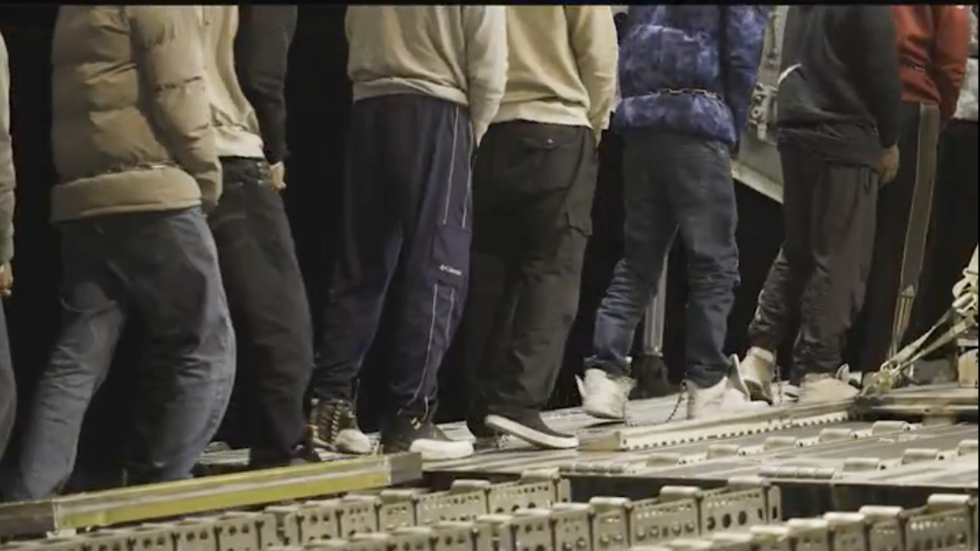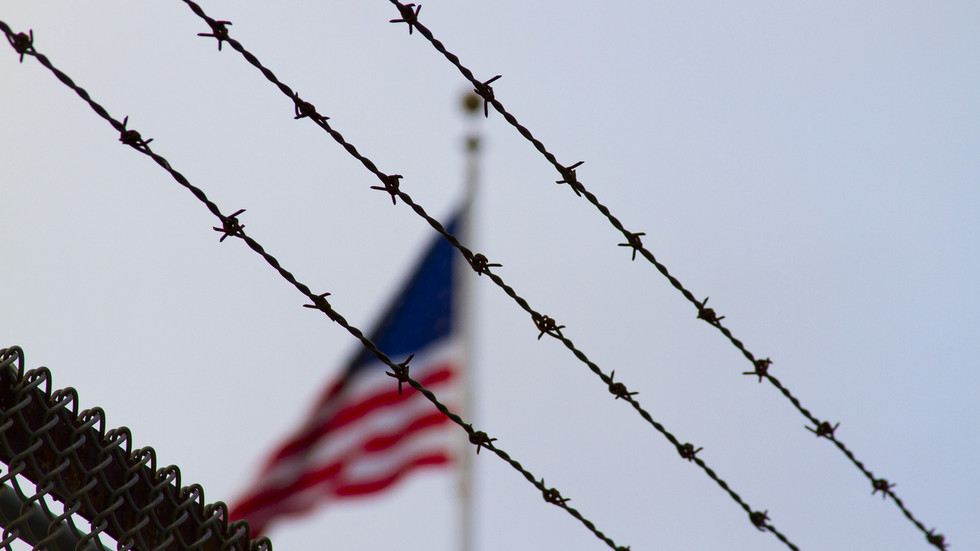
The latest headlines from our reporters across the US sent straight to your inbox each weekday
Your briefing on the latest headlines from across the US
US regulators have opened a new investigation into Boeing after the company admitted that it may have missed some inspections of its 787 Dreamliner aircraft.
The Federal Aviation Administration (FAA) said on Monday that the it would look into whether the beleaguered aerospace firm had completed the required inspections “and whether company employees may have falsified aircraft records”.
It said the company had notified it last month that some of its employees may have skipped proper examinations of electrical safeguards in the joins between the wings and the fuselage.
The news comes after years of scandals at the once-totemic American jet maker, which is currently subject to heightened regulatory scrutiny due to repeated and sometimes fatal accidents.
Former workers and whistleblowers have accused the company of systematically degrading the quality of its manufacturing and the expertise of its workforce in pursuit of short-term profits for shareholders.
Last week, a second whistleblower within Boeing's supply chain died after alleging that the company had cut corners while building its 737 Max jetliner. Reports indicated the man had died of pneumonia caused by a flu infection.
In an email to employees last month, Scott Stocker, the head of Boeing’s 787 programme, blamed the missed inspections on “misconduct” by workers and said that those responsible had received “swift and serious corrective action”.
A spokesperson for the FAA said: “The FAA has opened an investigation into Boeing after the company voluntarily informed us in April that it may not have completed required inspections to confirm adequate bonding and grounding where the wings join the fuselage on certain 787 Dreamliner airplanes.
“The FAA is investigating whether Boeing completed the inspections and whether company employees may have falsified aircraft records. At the same time, Boeing is reinspecting all 787 airplanes still within the production system and must also create a plan to address the in-service fleet.
“As the investigation continues, the FAA will take any necessary action – as always – to ensure the safety of the flying public.”
In response to questions from The Independent, a spokesperson for Boeing forwarded a copy of Mr Stocker’s email and said there was no immediate risk for Dreamliners currently in service.
In his email, Mr Stocker said the issue had come to light thanks to an employee who reported it to their manager, and thanked the employee for speaking up.
The company has previously been accused of a “shoot the messenger” strategy in which workers were punished for raising safety concerns. In recent years, it has beefed up its internal reporting and whistleblowing systems, although critics remain sceptical that this will be enough to solve the problem.
“After receiving the report, we quickly reviewed the matter and learned that several people had been violating company policies by not performing a required test, but recording the work as having been completed,” Mr Stocker said.
“As you all know, we have zero tolerance for not following processes designed to ensure quality and safety. We promptly informed our regulator about what we learned and are taking swift and serious corrective action with multiple teammates.
Fortunately, our engineering team has assessed that this misconduct did not create an immediate safety of flight issue. But it will impact our customers and factory teammates, because the test now needs to be conducted out of sequence on airplanes in the build process.
“I know this frustrates all of you as much as it frustrates me, and it’s a reminder of why it’s so critical that each of us does our part, every day, to ensure full compliance with our policies and procedures – and to speak up if you see something that doesn’t seem right.”

 9 months ago
28
9 months ago
28









